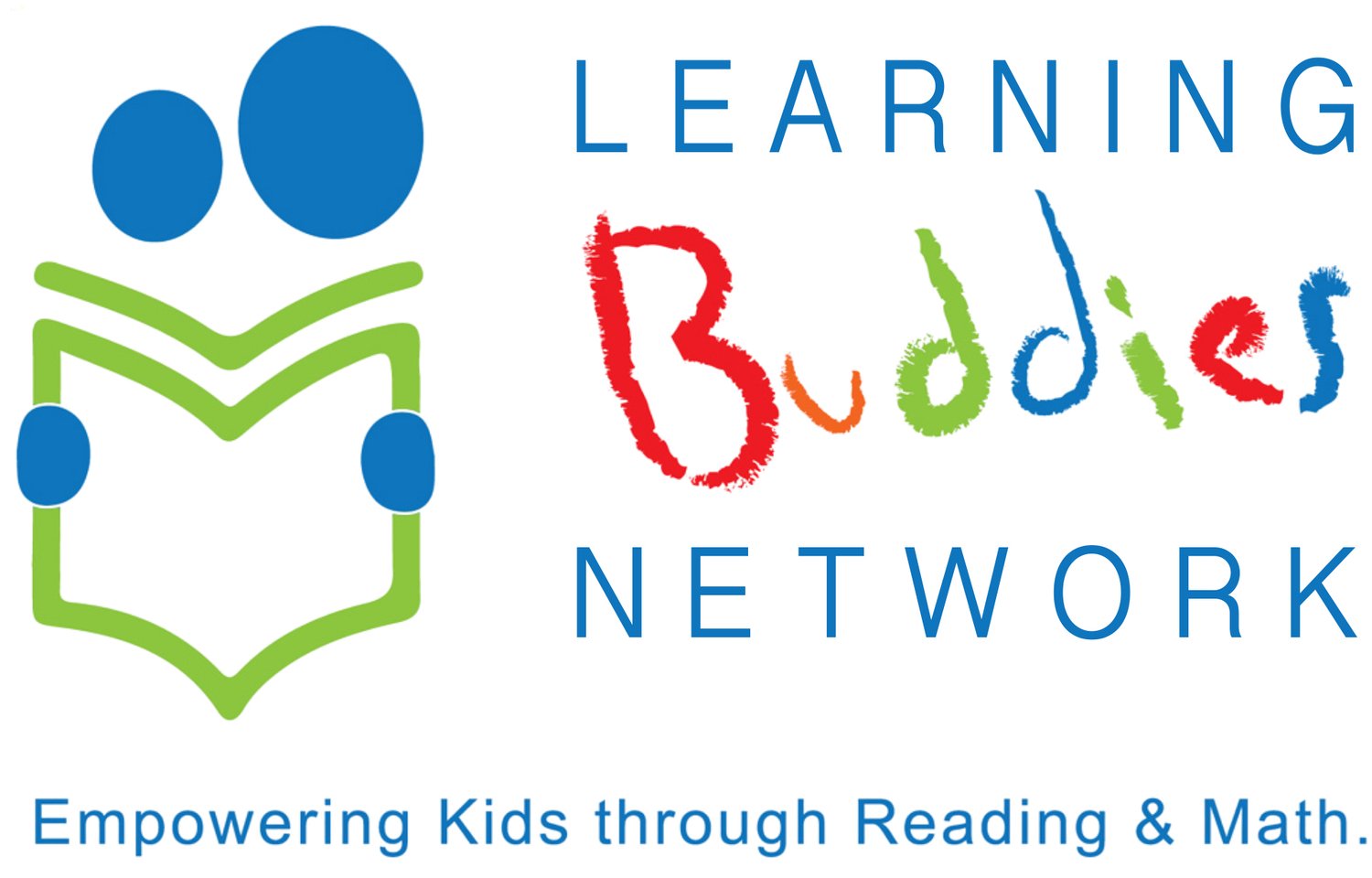How Music Affects the Brain In Positive Ways
Source: Unsplash (@soundtrap)
Music isn't just one of those catchy tunes with a beat that can get your foot tapping. It is surprisingly much more profound: music works in sync with our brains to create magic with our emotions, our cognition, and even our physical well-being. Tap into a melody and our brains light up like a symphony of benefits. Here are some interesting ways in which music positively impacts our minds.
Mood Change
Feeling low? Then you need to turn up those happy tracks! Music can make your brain trigger the release of dopamine, a feel-good neurotransmitter that will give your mood the boost it needs and fill you with a good amount of energy. So, what's the remedy to this? Beats that are quick enough and lyrics upbeat enough to make you want to dance your way out of a funk.
Memory Maker
Ever wondered why one can immediately recall a song from childhood? Music weaves its way through your brain and memory to create emotional linkages that nothing else can. Studies show music effectively boosts memory in those with age-related memory loss. Singing both old and new songs engages the hippocampus, the memory centre in the brain, by sharpening and keeping it active.
A Cognitive Conductor
Music brings far more to the table than just enjoyment—it is good mental exercise! Research has shown that listening to music, especially complex classical music, bolsters cognitive functions; it increases attention, spatial reasoning, and focus. In doing so, it forms a priceless tool for students and any other person interested in maintaining an edge in mental execution.
Stress Slayer
Stressed? Plug in some soft music! Those gentle sounds and the slow rhythms activate your parasympathetic nervous system, which brings your tension and stress down. It can also lower your blood pressure and anxiety, and even improve your sleep quality. It's a kind of calming influence.
Social Symphony
Music breaks the language and connects one through shared feelings. Whether it's singing, dancing, or simply sharing it with others, music results in social bonding. It is known to be a collective experience that strengthens social connections and reduces feelings of isolation and loneliness.
Pain Piano
Ever thought about how music can act as a natural analgesic? It has now been reported in studies that music can affect the perception of pain during medical procedures which reduces anxiety in the patient, hence providing more comfort throughout the experience. It’s like a balm on the body and soul.
Genius in Making
The effect of music is not only seen to be within one age group. It starts from developing early years in childhood, running up to the age of seniors in supporting their cognitive function. So whether you are an ardent music lover or a casual listener, adding music to your life could be an effective, yet easy way of tuning up your brain and reaping the many benefits it has to offer.
So, when you plug into your favorite band or playlist next time, remember it's not just a melody that you are indulging in, but something actually very beneficial for the mind! Try all kinds of genres, experiment with new instruments, and let your music boost your brain! After all, a little musical therapy goes a long way toward a happier, healthier you!

